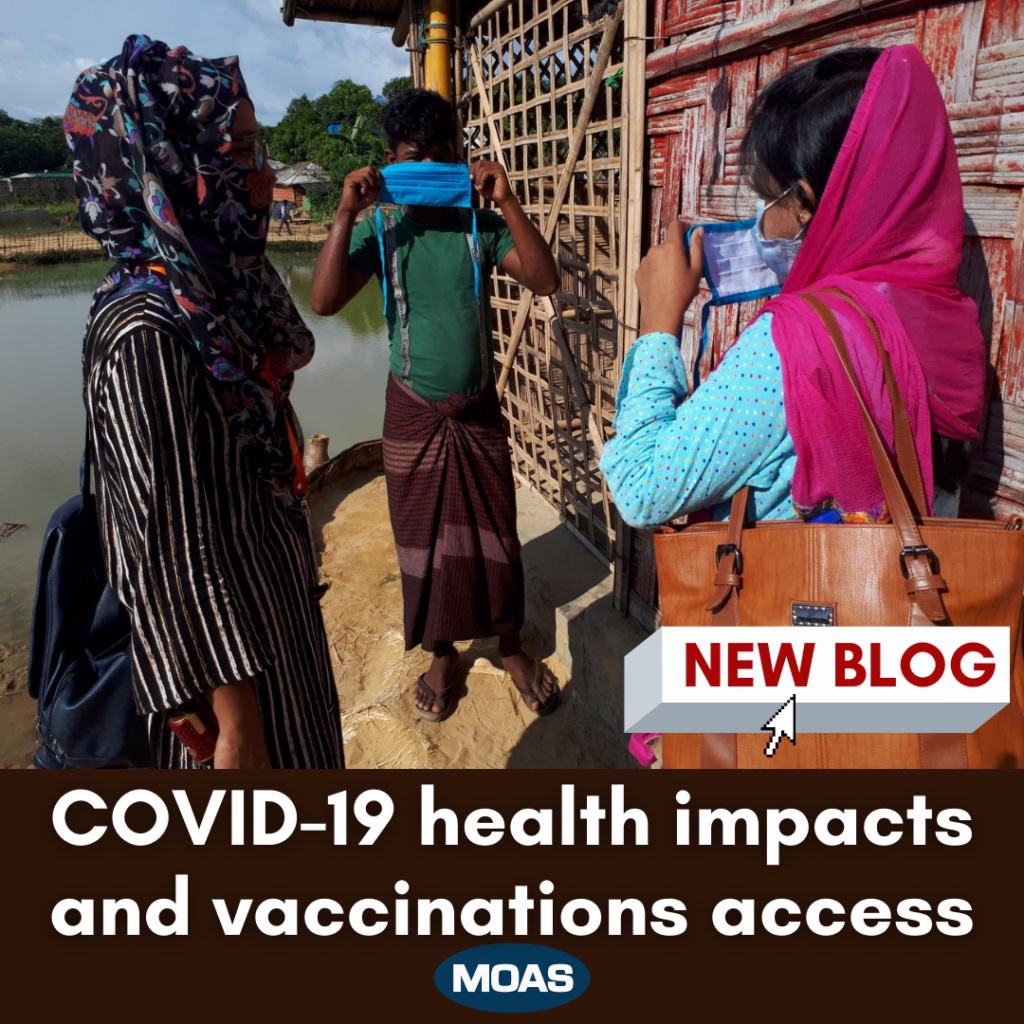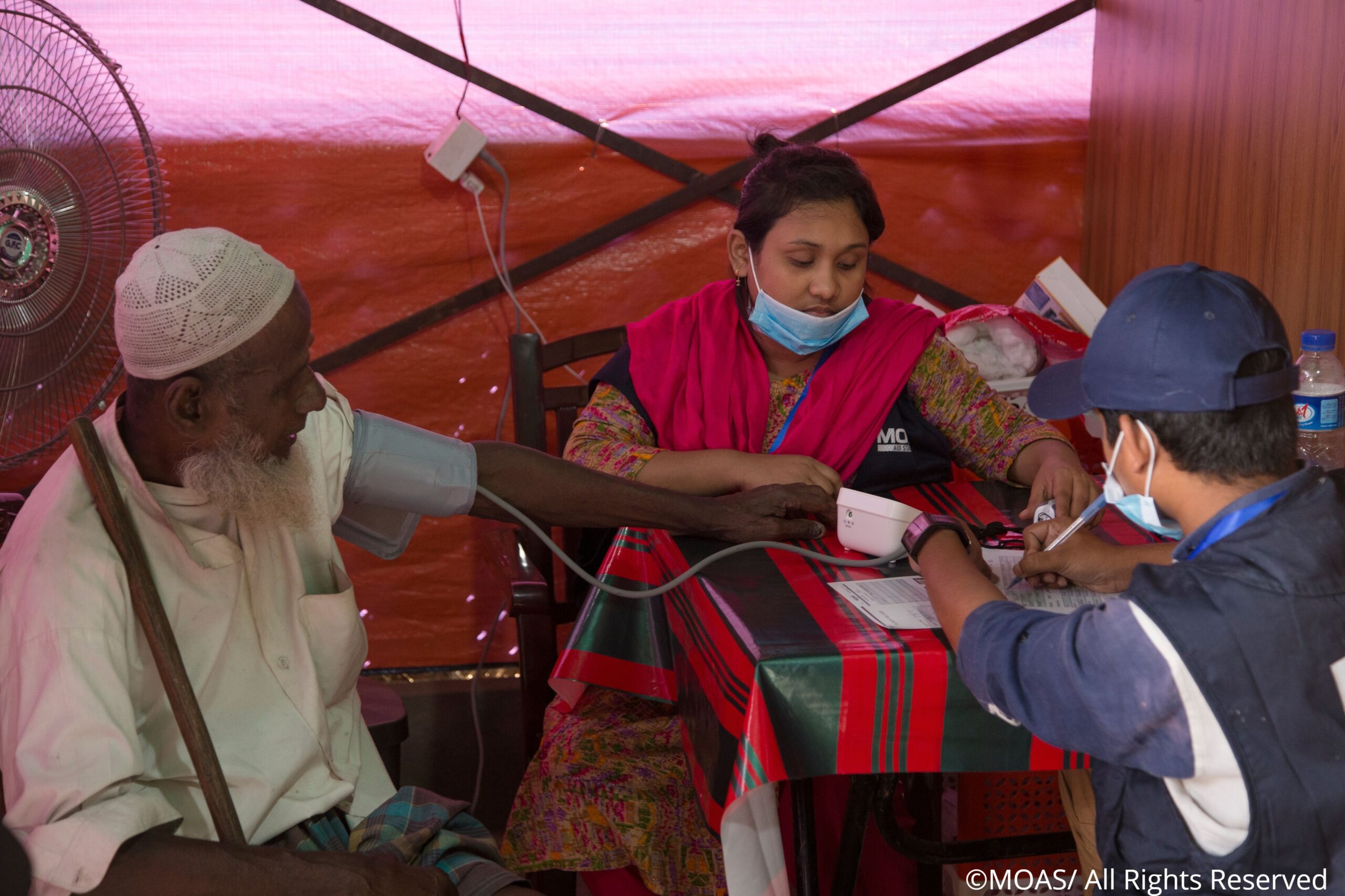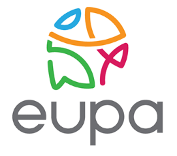April 7 is World Health Day when we honour achievements in health provision and the incredible work and sacrifices of individuals and organisations around the world. The day marks the anniversary of the founding of the World Health Organization (WHO) in 1948.
It is also a time to focus on important global health issues and acknowledge barriers and inequalities in accessing healthcare. With the worldwide response to the COVID-19 pandemic ensuring health is an international priority, World Health Day is more important than ever. This year’s theme is ‘Building a fairer, healthier world’.
Health impacts of COVID-19 on refugees and migrants
We have seen the impact COVID-19 has had on people across the world, affecting not only physical but also mental health. The pandemic’s severe impact on refugees and migrants and their health and wellbeing must not go unnoticed. The effects of this global health crisis on people who already have limited access to restricted services cannot be underestimated.
Refugees are often particularly vulnerable to COVID-19 transmission due to the conditions in which many are forced to live, especially in large camps where social distancing is near impossible and hand sanitation is challenging. Across the world, nearly 50,000 cases of COVID-19 and around 450 deaths have been recorded out of a global population of more than 80 million refugees and displaced people. Yet, these figures are likely lower than the real number due to weak testing capacity.
While both the recorded transmission and death rate from COVID-19 has been lower than initially predicted; the danger of uncontrollable outbreaks in refugee camps remains high. The health impacts of COVID-19 go far beyond the virus itself, as it is the pandemic’s indirect or secondary effects that have had the most severe consequences on the forcibly displaced across the world. The pandemic has fuelled hunger and malnutrition among refugee populations; a factor that has been widely attributed to COVID-19 restrictions decimating job opportunities and disrupting food systems. Lockdowns in refugee camps have exacerbated mental health crises among their inhabitants, as exemplified by the camps on the Greek islands, where a 66 percent increase in self-harm was reported last year. There have also been cases of humanitarian aid funding being redirected to COVID-19 responses, forcing NGOs to cut back on other services, including non-COVID-related medical care, for displaced populations.
Vaccination Access
Since the development of the first COVID-19 vaccine, we have seen high-and-middle income countries buying-up large stocks, launch large-scale vaccination roll outs and release positive news stories of large uptake by populations. However, this has led to concerns that low and middle income nations are being priced out of the market, reducing the vaccine procurement ability of those countries, which according to UNHCR, host most refugees.
The highly unequal primary rollout of vaccines around the world has led experts to warn that refugees, asylum seekers, and migrants will essentially be left behind as countries push to vaccinate their citizens first. In many countries that are recording positive statistics in terms of number of doses ordered and numbers of citizens vaccinated, refugees have not been included. Of 133 countries for which UNHCR has information, 81 have finalised their vaccination strategies. Only 54 of those have included explicit provisions to cover populations of concern such as refugees, asylum seekers and stateless and internally displaced people. As of March 2021, only eight European countries (Belgium, Finland, France, Italy, the Netherlands, Portugal, Spain, UK) had made an explicit commitment to include undocumented migrants in their vaccine drives.
Early government responses to the pandemic included restricting access that would protect the population. There are still 144 countries that have border closures in place, with more than 60 have neglected to make any exceptions for refugees or asylum seekers. Asylum seekers using traditional migration routes have seen pushbacks with the virus being used as an excuse to stop entry. With the future of international and domestic travel being expected to become increasingly linked to vaccination, it paints a complex picture where only those with the means to be vaccinated will be allowed to use safe and legal routes to travel.
One exception to this is Jordan, whose vaccination role out programme has been leading the way in terms of inclusion and equality, as refugees and asylum seekers are already being vaccinated alongside their citizens. Working closely with the UNHCR, the Jordanian Government and Ministry of Health have been striving to protect these vulnerable groups with both prevention and protection techniques, demonstrating that the key to ending this pandemic lies in building a fairer, healthier world.
MOAS operations during the pandemic
Enhancing medical service provision for vulnerable groups has been a priority for MOAS since our inception. Throughout the course of the pandemic, we reaffirmed our commitment to this objective by establishing our mask-making project in Bangladesh through which 883,514 masks were made for distribution among refugees and host communities. In Malta, we also set up a mask making project, with our fantastic volunteers producing nearly 10,000 masks for vulnerable groups on the island, and we have begun distributing bottles of hand sanitiser to organisations that assist communities in need. We also coordinated two shipments of Ready-to-use Therapeutic Food (RUTF) to Yemen to help bolster efforts to combat malnutrition in the country, a shipment of 70,000 euros worth of pharmaceutical aid also to Yemen, as well as our first ever delivery of RUTF to Somalia.
Final thoughts
This last year has underscored the importance of health care around the world, and highlighted the good fortune of those of us who live in places where there are systems to support and protect our wellbeing. At MOAS, we believe that to effectively respond to a world pandemic, a global and unified response is needed. A response that includes everyone and ensures no one is left behind.
If you are interested in the work of MOAS and our partners, please follow us on social media, sign up to our newsletter and share our content. You can also reach out to us any time via [email protected]. If you want to support our operations, please give what you can at www.moas.eu/donate.



